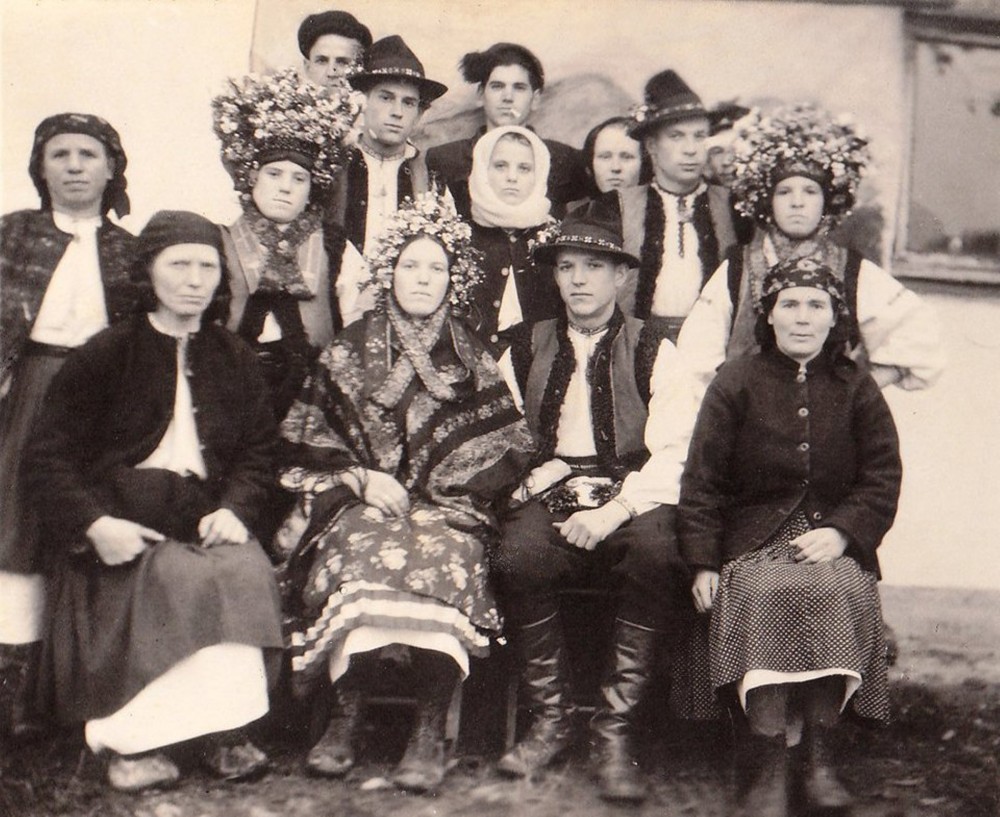
The purpose of the research is to bring out the paramount motives and principles of the Galician Ukrainians’ married couple choice in the first half of the XXth century, their change/stability as compared to the previous historical period — the XIXth century. The methodology of the research is based on application of the methodological principle of historicism, as well as general scientific and special scientific methods, primarily comparative historical. The meticulous study of the archival primary sources and verification of the information available in them through comparison with the ethnographic materials have been given priority. The scientific novelty of the study is that for the first time in the Ukrainian historical science, based on the archival materials, the Galician Ukrainians’ marriage motives in the first half of the XXth century have been analyzed, which can serve as a basis for further more thorough studies in marital and family relations. The factual material and theoretical generalizations presented in the article will be vital for understanding the socio-economic and socio-political realities inherent in Galician rural society of that period. The Conclusions. When it came to choosing a future couple, the Galician Ukrainian peasants were guided by different motives, sticked to certain principles and rules, most of which were characteristic of the previous (XIXth) century. Those were, in particular, pragmatic property interests — the desire to increase their own wealth, unite neighboring lands, prevent the division of property, and etc. Social stability and a positive reputation for the future family were of utmost importance to the peasants. By the way, the positive reputation of the future family depended not only on the availability of movable and immovable property, land and livestock, but also on the legitimacy of marriage in the eyes of the community and the church. That is why, in archival materials a significant part of cases concerned the legalization of marriages «by faith», especially between widows. The Galician rural population also kept to the principle of social, territorial and religious endogamy, while violating the ban on marriage between close relatives. The first half of the XXth century was also characterized by the political motive of marriage and the motive of economic survival under conditions of war and emigration. Archival materials also prove convincingly that the social status and economic stability of the rural community were appreciated more than love or amicable relations in the family. Hence, early marriages, economic sanctions and coercion of parents to marry, physical violence of a man against a young woman, etc., were commonplace.
Source: Voitovych N., Hlushko M. (2022). Motives of the marriage of the ukrainians in the Galician village in the first half of the XXth century (based on archival materials of the Lviv Greek Catholic Metropolitan Consistory). East European Historical Bulletin. (23): 40–50
Source web-site: http://eehb.dspu.edu.ua/article/view/258966/256401
Number of views: 1121